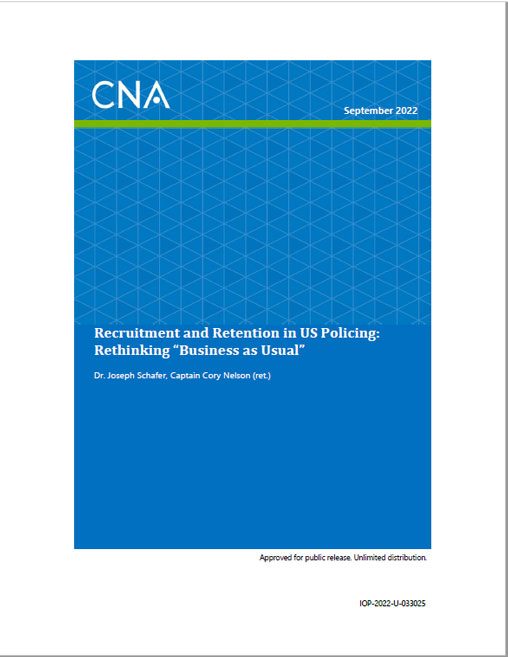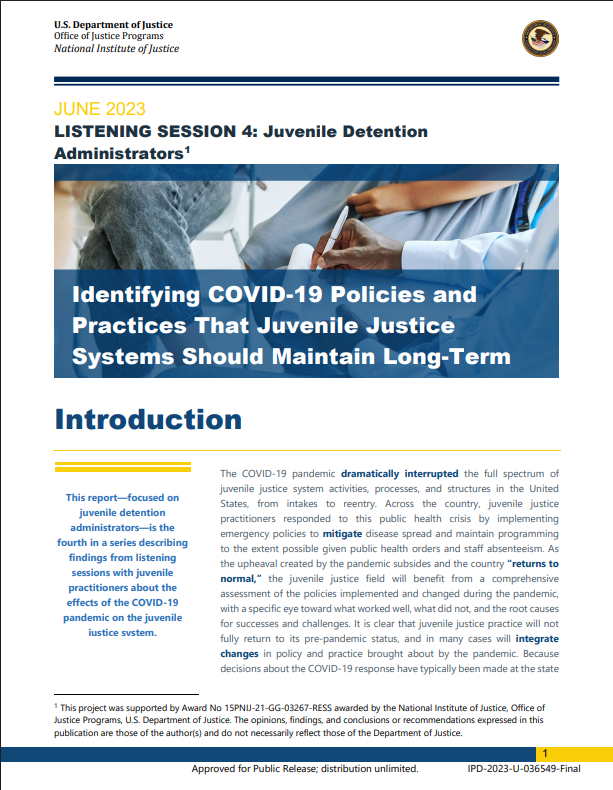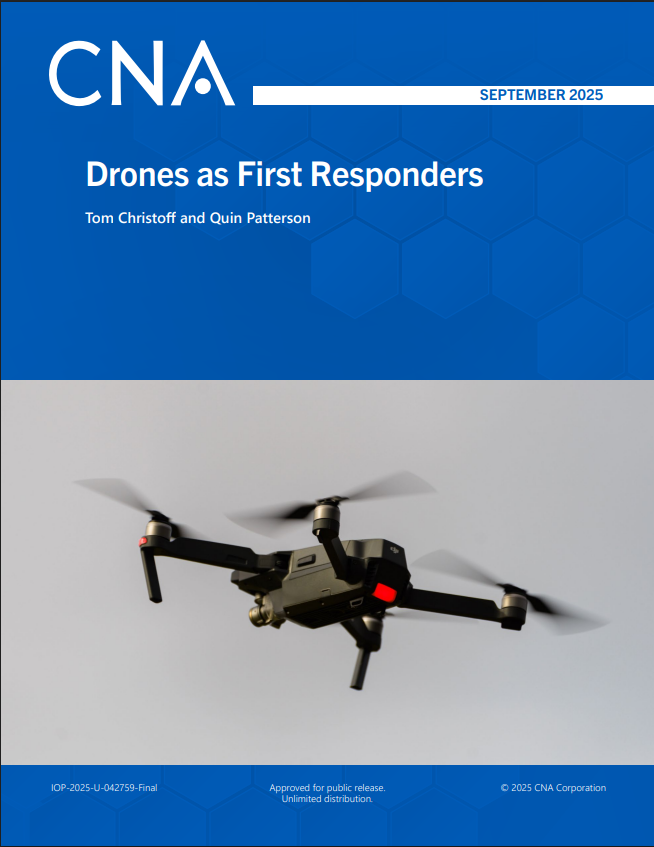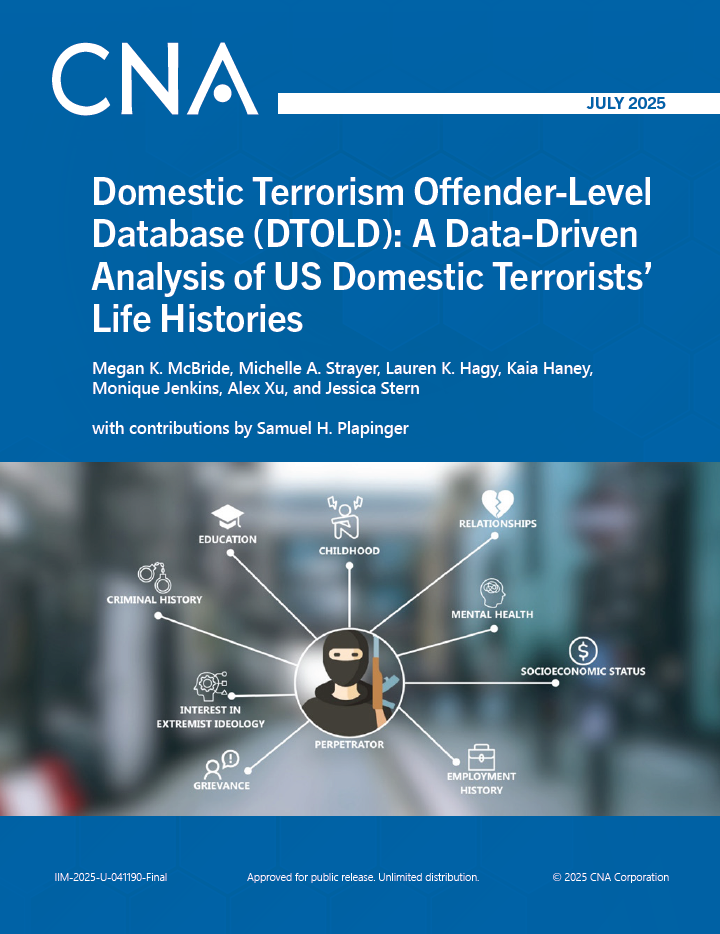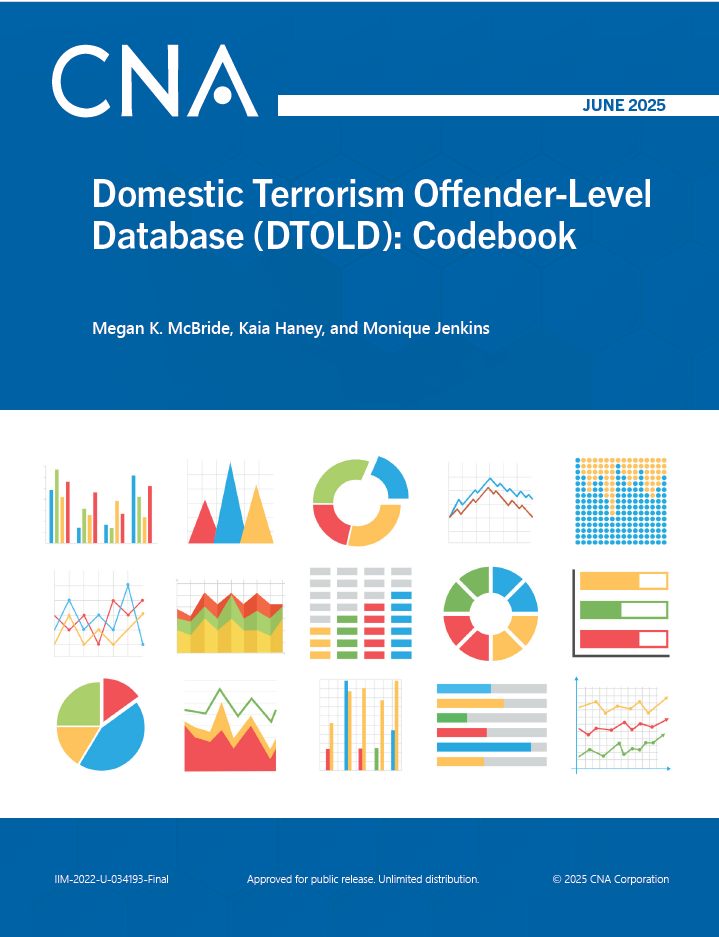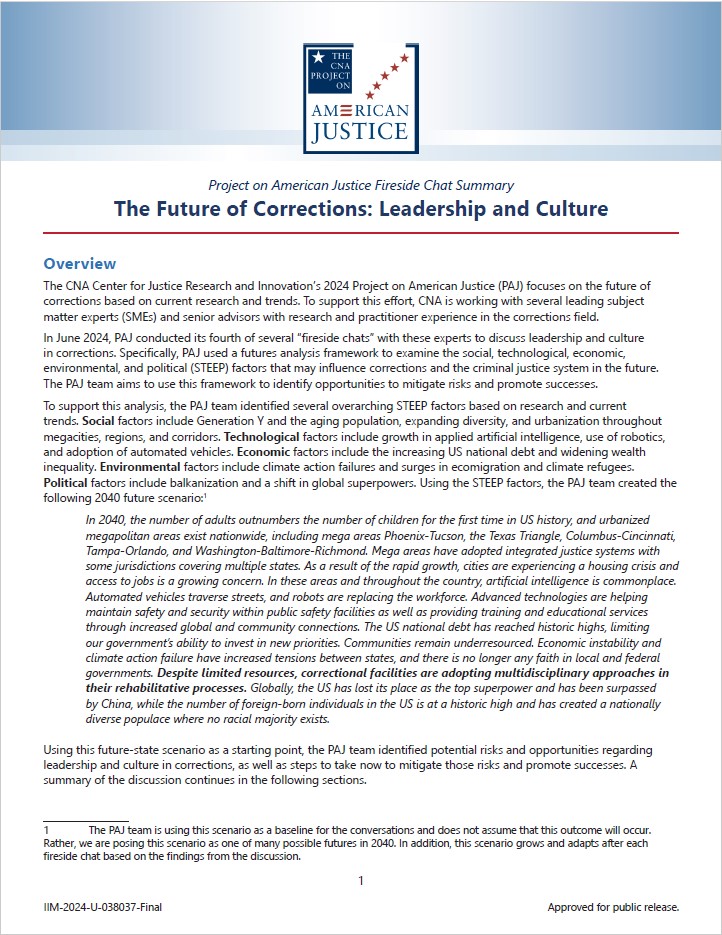Improving police recruitment and retention will require greater innovation and experimentation. In addressing the recruitment crisis in US policing, traditional approaches alone do not appear to be sufficient. We first analyze why police recruitment and retention is a problem in the US today. Issues discussed include fragmentation, media depictions, culture, staffing, hierarchy, and legitimacy. We suggest areas for improvement in marketing, the selection process, training, job sharing, using officers as recruiters, diversity and inclusion, women in policing, and points of entry and pathways through the ranks. Many of these new ideas in police recruitment are untested, but it is time for the policing profession to engage in more innovative thinking, to experiment, evaluate, and analyze to address the recruiting and retention crisis in law enforcement.
As a profession, policing has been mired in a series of human resource challenges since the 1990s. Many agencies consistently report declining numbers of quality applicants, challenges filling authorized positions to achieve full staffing, and difficulties retaining personnel for the duration of a full career. In response to this situation, various government entities and police professional organizations have offered recommendations for how agencies can alleviate this crisis of recruitment and retention. These recommendations have not significantly improved agencies’ ability to hire and retain sufficient quality personnel. It is time for policing to look at alternative solutions in the search for more effective ways to achieve more robust and stable staffing.
This paper offers a set of suggestions for individual agencies and the profession as a whole to consider in furtherance of improving the recruitment crisis. Because they are largely untested approaches in police human resource management, not all may be successful, at least as framed within this paper. Policing must, however, pursue greater innovation and experimentation. Suggested areas of improvement include the following:
- Modifying marketing and recruitment efforts to expand the diversity and volume of young adults who perceive policing as a viable career field to consider
- Analyzing the selection processes agencies use to reduce the time and burden traditional approaches place on applicants and the expense these efforts create for agencies
- Cultivating awareness among officers that they play a key role in recruiting future police officers as they perform their duties within their communities
- Considering how the orientation and structure used to train new officers might work against efforts to recruit sufficient diverse personnel
- Exploring how job sharing and part-time positions might enable agencies to retain personnel, even during life phases when personnel have demanding responsibilities as caregivers
- Examining how increasing the representation of women might alleviate some of the controversies surrounding policing and recognizing the changes that will be needed to achieve and sustain that increased representation
- Continuing to pursue workplaces that are welcoming to increase a wide range of diversity and inclusion efforts within policing
- Rethinking traditional entry points and career pathways through the ranks during a policing career
- Improving efforts to increase the retention of personnel by changing traditional organizational practices in ways that might make police careers more desirable and sustainable
Preserving some traditional approaches agencies have used to recruit and retain personnel (such as recruitment efforts at colleges and military facilities) might be necessary. But these traditional approaches alone do not appear to be sufficient to address the human resource crisis. It is time for the profession to engage in more innovative thinking and to experiment (and evaluate) better ways to make policing an attractive career. No singular change is likely to achieve the desired outcome, nor is the solution likely to be the same for agencies of all sizes and functions. The profession, however, can do far better if it is willing to expand its thinking and approaches beyond “business as usual.”
Download reportApproved for public release. Unlimited distribution.
Details
- Pages: 48
- Document Number: IOP-2022-U-033025
- Publication Date: 9/16/2022
